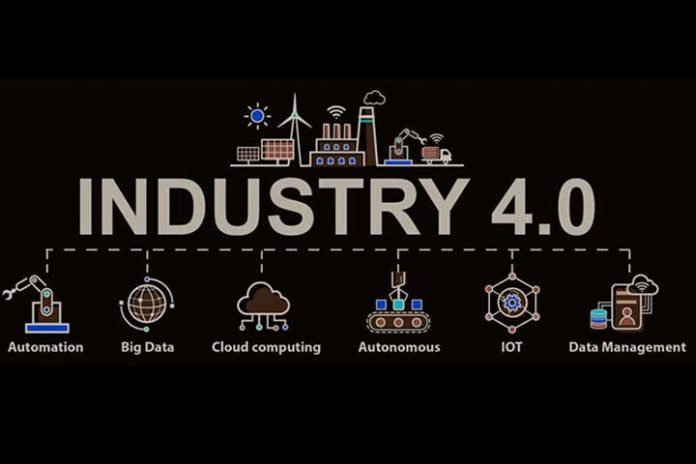The term Industry 4.0 stands for the fourth economic revolution.
This defines the merging of digitization with conventional industrial processes—another way of saying that the Internet of Things (IoT) will be transferred to the economy.
What exactly is Industry 4.0?
The so-called “Industry 4.0” aims for all production machines in a company to communicate independently and intelligently with one another. To this end, the apparatus should be networked with the Internet so that, for example, big data can be processed more quickly. The devices should also share with other companies. This would enable companies to realize and implement production and logistics in real-time.
Industry 4.0 is called a “smart factory” or “intelligent factory,” The properties mentioned above are combined and implemented.
What are the current problems?
At the moment, companies are still “afraid” of implementing Industry 4.0, as data security is still a significant problem.
Because the data of a company and its customers cannot be stored securely, the whole construct of the Internet of Things makes no sense.
In addition, there are the costs that a complete conversion/upgrade would entail, which would pose financial difficulties for many companies. The employees would also have to be retrained to get to grips with the new systems. In addition, more IT specialists would have to be hired who can deal with hardware and software. Finally, the machines would also have to allow such networking and upgrading at all.
Example
An example of how Industry 4.0 could be used would be that machines realize during production how many resources are still available in the warehouse and which are running out so that they can be reordered automatically.
In addition, there is real-time communication with customers, which can also occur regardless of the distance so that individual customer-specific requests can be dealt with more specifically.
This means that products are no longer produced in advance, but the orders received are forwarded directly to the machines in production.
Also Read: What Is A Captcha?

